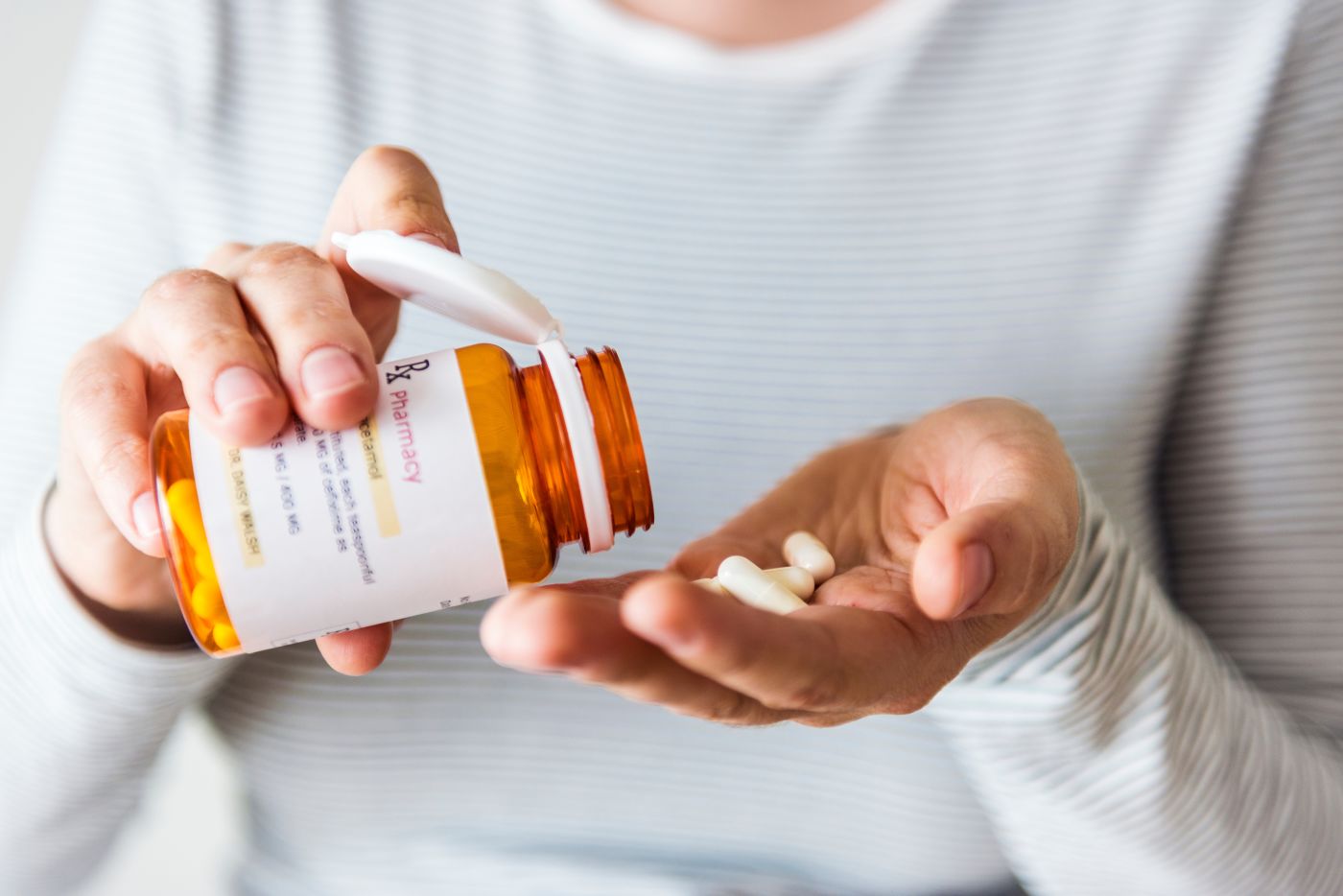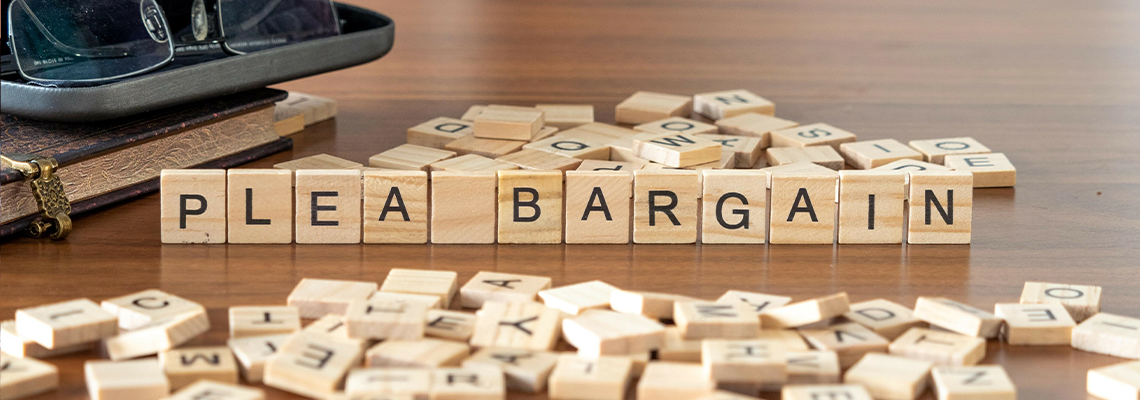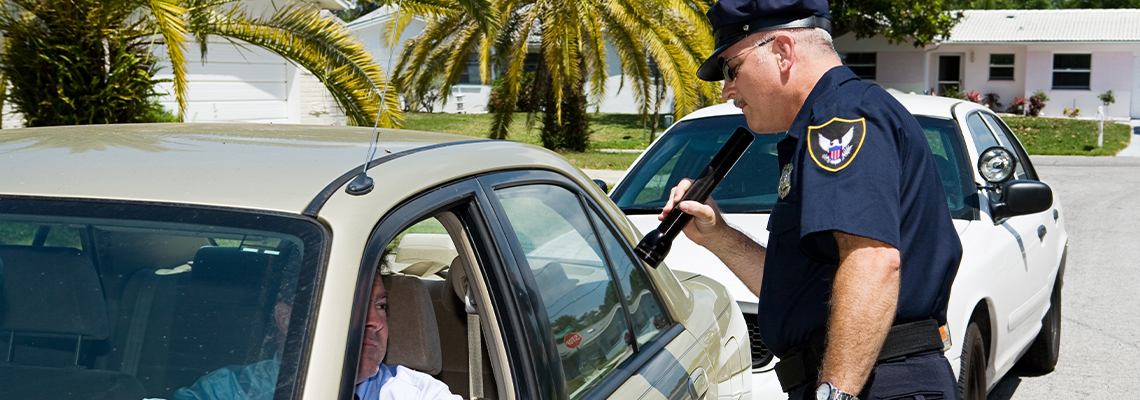Imagine the following nightmare. The police pull you over for a broken tail light or another reason. The officer finds a substance in your car that he or she is sure, because of a field test, is an illicit drug. The officer places you under arrest and takes you to jail.
The prosecutor offers you a plea deal that will allow you a minimum prison term to avoid a trial that could result in a much longer, harsher punishment. Even though you are entirely innocent, the prosecutor browbeats you into taking the deal. You wind up being labeled as a convicted felon with dire and long-lasting consequences, especially for your likelihood of gaining employment.
It happens more than you think
The sad truth is that many people find themselves in that situation because of unreliable field tests. Loose tealeaves can test as marijuana. Bricks of powdered homemade soap could pop positive for cocaine.
In one case a vial of “yellow goop” was thought to be a date rape drug, but instead turned out to be a natural, scented cleanser. Each of these real cases caused suspects to be freed once a proper lab tested the substances involved.
A study by two reporters for ProPublica, Ryan Gabrielson and Topher Sanders, suggested that thousands of Americans have been falsely arrested, and some have been wrongly convicted due to erroneous field drug tests.
Two reasons exist for the faulty drug tests
Some of the tests are frankly unreliable. One test for marijuana tested a variety of herbs such as basil and oregano, which anyone can pick up at a grocery store, as cannabis. A study conducted in Las Vegas demonstrated that one of three samples that tested as cocaine was, in fact, not cocaine. In Florida, 21 percent of samples tested as methamphetamine turned out not to be methamphetamine.
Human error is another reason field tests are erroneously classifying common products as controlled substances. Many of the field tests are being conducted in bad lighting conditions during late-night traffic stops. Things like the state of the weather can also affect the results of field drug tests.
What can you do?
The bottom line is that just because the police say they have the goods on you doesn’t mean that they have any actual evidence that will hold up in a court of law. When confronted by a prosecutor who is trying to get you to take a plea deal, don’t say, sign or agree to anything.
Instead, seek the advice of a good criminal defense lawyer who will protect your rights. It could be the difference between being branded a felon and being released without charges.




